How to Get Better at Math: 7 Comprehensive Tips for Parents with Kids Struggling

Mathematics, the universal language of logic and reasoning, can often be an area of challenge for many young learners. As parents, we understand the significance of math not just in the academic arena, but also in everyday life and prospective career paths. When our children struggle with this essential subject, it’s natural to feel concerned and seek ways to help them. Here are seven in-depth strategies that can guide parents in supporting their children on their math learning journey:
1. Encourage a Positive Attitude Towards Math
The cornerstone of successful learning, irrespective of the subject, is cultivating a positive mindset. Children struggling with math can often fall into a negative thought pattern, convinced of their incapacity to understand mathematical concepts.
As parents, it’s our role to disrupt this cycle of self-defeat. Motivate your child to believe in their ability to grasp math, reinforcing the idea that mastery comes with time and consistent practice. Positivity should be at the forefront of any conversation about math. Highlight the intriguing aspects of math and its crucial role in our daily lives. Reinforce the concept that mistakes are not failures but learning opportunities that propel us forward. Celebrate their effort and incremental progress, not just the flawless results, and remind them that it’s completely normal and okay to stumble along the way.
2. Incorporate Math Into Daily Life
Textbooks may provide the fundamentals, but the essence of math extends far beyond them. Helping your child bridge the gap between classroom learning and practical applications can significantly alleviate the perceived abstractness of math.
Like we’ve mentioned on our blog before, you can involve them in everyday activities that inherently use math. Whether it’s baking, where measurements can illustrate fractions, shopping, where calculating costs and discounts can be an exercise in arithmetic, or estimating travel times on a family trip – these real-world scenarios make math more tangible and relatable. The goal is to move beyond viewing math as an academic task and instead see it as an essential, applicable skill set with real-world implications.
3. Use the Right Learning Tools and Resources
Individual learning styles significantly influence the absorption and understanding of math concepts. It’s important to gauge what methods resonate with your child and adapt accordingly. This adaptability becomes crucial when selecting learning tools and resources.
Nowadays, the pool of resources is vast, ranging from online platforms and apps to educational programs. A standout resource that caters to diverse learning styles is the Wonder Math program.
4. Embrace Math Learning Programs Like Wonder Math
Wonder Math revolutionizes the approach to teaching math. The program is specially designed for children aged 7 to 11, focusing on developing mathematical thinkers, not just proficient calculators.
Wonder Math incorporates mathematical concepts into engaging stories, transforming learning into an adventure that children eagerly embark upon. This unique narrative-based approach facilitates both understanding and long-term retention of concepts. Imagine learning about fractions, decimals, or geometry through an enchanting story; it takes away the monotony and makes math both fun and engaging.
Furthermore, Wonder Math places significant emphasis on building a child’s confidence, a pivotal aspect often overlooked in conventional teaching methods. A child’s self-confidence can profoundly impact their learning trajectory, and Wonder Math prioritizes this element. When children feel confident about their skills, they’re more inclined to accept challenges, persist in the face of obstacles, and ultimately reach their learning objectives. This is the true benefit of using a learning program like Wonder Math.
5. Be Involved and Supportive
Your role as a parent doesn’t end with providing the right resources; your active involvement and support are integral to your child’s success in math. Regular communication with your child’s teachers can help you stay updated about their progress and areas for improvement.
Dedicate time each day to review homework and engage in math-related activities. Use these sessions not just as a means to assess their work, but also to understand their thinking process and problem-solving approach. Showing patience, understanding, and encouragement during these moments can foster your child’s confidence, contributing to a more positive attitude toward math.
Remember to celebrate each achievement, however small it may seem. Positive reinforcement can nurture a growth mindset and encourage persistence, leading to long-term success.
6. Establish Consistent Study Routines
Consistency is a cornerstone in any learning process. Establishing a regular study routine helps children develop discipline and progress steadily in their learning journey. Remember, the objective is not to make your child sit with books for long, uninterrupted hours. Instead, focus on creating a balanced routine that is as engaging as it is educational.
This routine could include a set time each day dedicated to homework or self-study, perhaps in the quieter hours of the evening when distractions are minimal. However, adapt this schedule according to your child’s peak productivity periods. Some children may prefer studying in the early morning, while others might be night owls.
Encourage regular breaks during study periods. Brief intervals of relaxation can actually boost focus and productivity. The Pomodoro technique, which involves studying for 25 minutes followed by a 5-minute break, is an effective method to maintain concentration without burnout.
Incorporate different learning methods into the routine, such as reading, problem-solving, or interactive learning through apps like Wonder Math. Changing the study method keeps the routine from becoming monotonous and helps cater to your child’s varied learning needs.
7. Nurture Problem-Solving Skills
Mathematics is a subject deeply rooted in problem-solving. Enhancing your child’s problem-solving skills can significantly improve their competency in math. Rather than focusing solely on getting the correct answer, encourage your child to understand the process leading to it.
Encourage your child to approach problems from different angles. Teach them to break complex problems into smaller, manageable parts. This method, known as decomposition, can make a daunting problem seem less intimidating.
Promote the habit of drawing diagrams or making lists to visualize problems better. Visualization can be especially useful in geometry or word problems, where a visual representation can provide a clearer understanding of the problem at hand.
Introduce your child to the concept of estimation. Having them make reasonable guesses about the answer can be a powerful tool for checking their work.
Allow them to use physical objects for better comprehension, especially for younger kids grappling with basic concepts like addition or subtraction. Using counters like blocks or beads can make abstract concepts more tangible.
Encourage them to explain their thought process. This practice not only helps you understand their approach but also reinforces their learning. Remember to appreciate their efforts and celebrate their success in solving problems independently, even if they make mistakes along the way.
In conclusion, assisting your child in improving their math skills requires effort, patience, and strategic planning. By nurturing a positive attitude, demonstrating the practicality of math, utilizing innovative tools like Wonder Math, providing consistent support, establishing study routines, and fostering problem-solving skills, your child can conquer their struggles with math.
Building a strong foundation in math is about much more than academic achievement; it’s about empowering your child with a critical life skill that instills resilience, independence, and a strong work ethic.
Want more tips on how to best study mathematics? Read our blog titled “10 Tips for Advanced Studying Mathematics.” Let’s embrace the challenge, embark on this exciting journey of discovery together, and set the groundwork for our children’s successful future.
Related to This Article
More math articles
- Top 10 GRE Math Books: To Help You Succeed on the GRE Math Test
- FTCE General Knowledge Math- Test Day Tips
- FREE 6th Grade FSA Math Practice Test
- How to Identify Characteristics of Quadratic Functions: Equations
- The Ultimate ASTB Math Course (+FREE Worksheets & Tests)
- Sandy Savings: A Guide to How to Calculate Sales Tax on Your Beach Vacation
- Even or Odd Numbers
- The Art of Math: How to Solve Word Problems with Scale Drawings and Scale Factors
- Building with Blocks: How to Multiply Decimals by 1-digit Whole Numbers
- Top 10 Free Websites for SHSAT Math Preparation

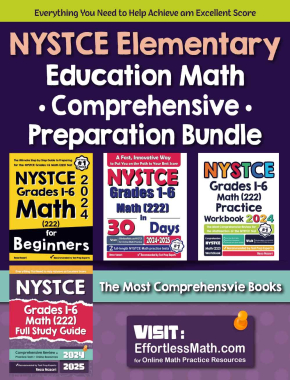

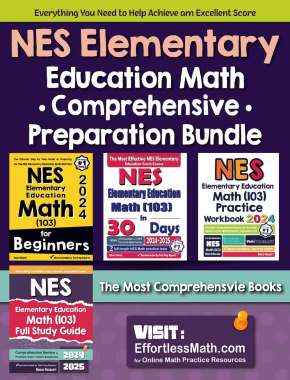


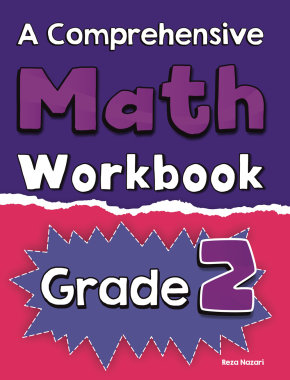
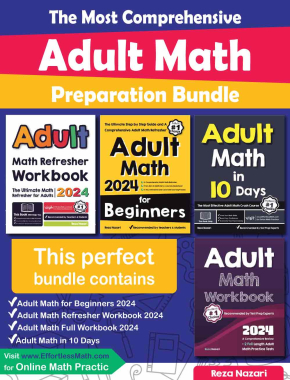

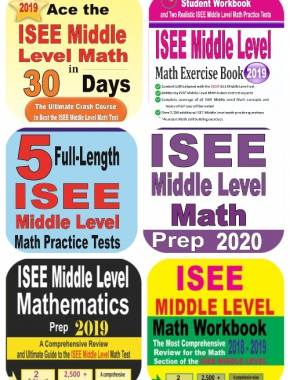
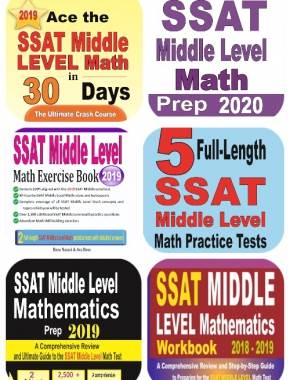
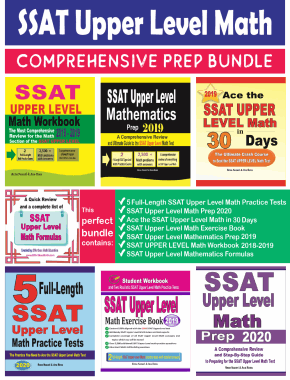
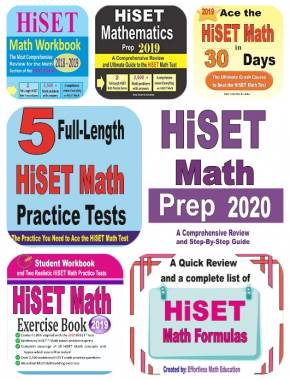
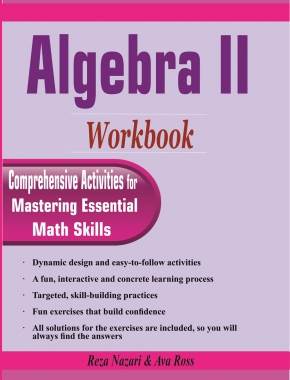
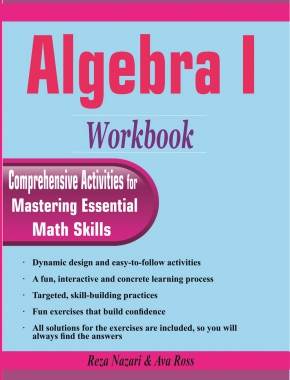


What people say about "How to Get Better at Math: 7 Comprehensive Tips for Parents with Kids Struggling - Effortless Math: We Help Students Learn to LOVE Mathematics"?
No one replied yet.